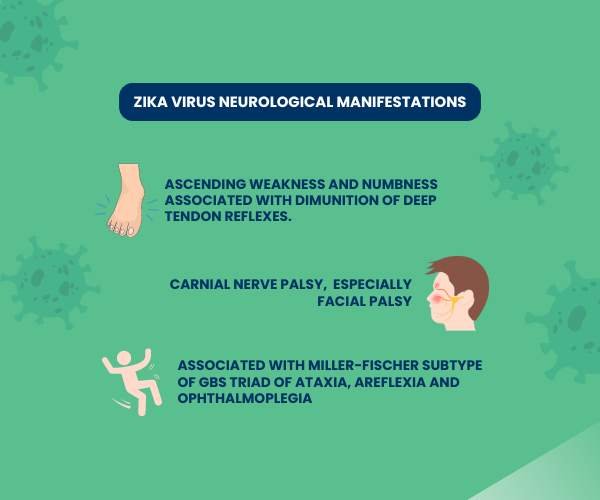The Zika virus, transmitted primarily by Aedes mosquitoes, has captured global attention due to its rapid spread and the serious health complications it can cause. While many people infected with Zika may not show any symptoms, the virus can lead to severe health issues, especially in pregnant women and their unborn children. In this blog, we’ll explore how the Zika virus manifests, the symptoms to watch for, potential complications, and ways to prevent infection.
What is the Zika Virus?
The Zika virus is a mosquito-borne virus first identified in the Zika Forest of Uganda in 1947. For decades, it remained relatively obscure until significant outbreaks occurred in the Pacific Islands, Southeast Asia, and particularly in Brazil in 2015. These outbreaks highlighted the virus’s potential to cause serious health problems.
How Zika Virus is Transmitted
Zika is primarily spread through the bite of an infected Aedes mosquito, the same type that spreads dengue and chikungunya.
Symptoms of Zika Virus Infection
Many people infected with the Zika virus show no symptoms or only mild symptoms that last for several days to a week. The most common symptoms include:
- Fever
- Rash
- Joint Pain
- Conjunctivitis (Red Eyes)
- Muscle Pain
- Headache
These symptoms are often mild and can be mistaken for other common illnesses, making it difficult to diagnose without specific testing.
Severe Complications
While most Zika virus infections are mild, the virus can lead to serious complications, especially in pregnant women and their babies.
Microcephaly and Other Birth Defects
One of the most severe outcomes of Zika virus infection during pregnancy is microcephaly, a birth defect where a baby’s head is smaller than expected due to abnormal brain development. Babies born with microcephaly may experience:
- Developmental Delays: Issues with speech, movement, and learning.
- Intellectual Disabilities: Varying degrees of cognitive impairment.
- Seizures
- Vision and Hearing Problems
Guillain-Barré Syndrome (GBS)
Zika virus infection can trigger Guillain-Barré Syndrome (GBS), a rare autoimmune disorder where the immune system attacks the nervous system, leading to muscle weakness and, in severe cases, paralysis.
Other Neurological Conditions
In addition to GBS and microcephaly, Zika has been linked to other neurological conditions, including:
- Meningoencephalitis: Inflammation of the brain and its membranes.
- Myelitis: Inflammation of the spinal cord.
- Acute Disseminated Encephalomyelitis (ADEM): A rare inflammatory condition affecting the brain and spinal cord.
Prevention
Preventing Zika virus infection is crucial, especially for pregnant women or those planning to become pregnant. Key prevention strategies include:
- Mosquito Control: Use insect repellent, wear long-sleeved shirts and pants, and sleep under mosquito nets. Eliminate standing water where mosquitoes can breed.
- Travel Precautions: Avoid traveling to areas with active Zika outbreaks. If travel is necessary, take extra precautions to prevent mosquito bites.
- Safe Sex Practices: Use condoms or abstain from sex if your partner has traveled to or lives in an area with Zika.
- Blood Donation Screening: Ensure blood donations are screened for Zika virus, especially in areas with known outbreaks.
Conclusion
The Zika virus poses a significant health risk due to its potential to cause severe neurological complications, particularly in unborn babies. Understanding the symptoms, complications, and ways to prevent infection is crucial for protecting yourself and others. By staying informed and taking proactive measures, we can reduce the spread and impact of the Zika virus, safeguarding the health of vulnerable populations, especially pregnant women and their children.















